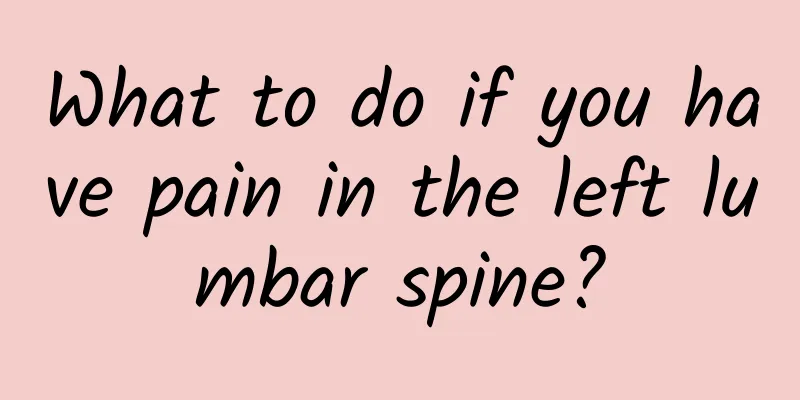Can Qi function cure diseases?

|
We often see on TV that qigong can strengthen the body and treat diseases. Is this really the case? In fact, it is true that qigong can mainly help us strengthen our bodies, but for the treatment of diseases it mainly depends on the psychological suggestion function. Therefore, some daily treatment methods need to be verified in life before they can be carried out to ensure good health. Although Qigong is widely spread in our country, its effects are not as magical as we imagine. Therefore, we must learn more about this knowledge in our daily life to avoid blindly following the trend and delaying the best time to treat the disease. Qigong has a long history in my country. As early as the Spring and Autumn Period and the Warring States Period, there were many records about qigong in the Yellow Emperor's Classic of Internal Medicine. Although Qigong has a history of more than 2,000 years among the people, its names such as Daoyin, Tuina, Xingqi, Fuqi, Zuowang, Shoushen, Alchemy, and Zen are also different due to its different training methods, postures, breathing, and intentions, as well as its different sources from medicine, Confucianism, Taoism, and Buddhism. Therefore, it was not until the 1950s that Mr. Liu Guizhen from Hebei proposed to call this all "Qigong". It is used together with traditional massage, acupuncture, Chinese medicine, etc. to prevent and treat diseases. Traditional Chinese medicine believes that Qigong is a method of exercise that coordinates Qi by regulating the mind in order to balance Yin and Yang and prevent and treat diseases. According to modern science, Qigong is a method of self-physical and mental exercise that uses suggestion to bring the consciousness into a state of self-hypnosis. It uses benign psychological adjustments to regulate the body, mind, and breathing to cultivate the essence, qi, and spirit to strengthen the body and health. It is generally divided into two categories: (1) Static exercises. There are different postures such as sitting, lying, standing, etc., and the characteristic is to maintain relative stillness. Such as internal alchemy, internal cultivation, relaxation exercises, etc. (2) Dynamic exercises. It mainly focuses on specific limb movement methods, such as the Eight-Section Brocade Qigong Method and the Twelve Postures of the Yi Jin Jing. Qigong exercises can help support the body's positive energy and adjust the meridians and internal organs, and its use in treating diseases is called "Qigong therapy." Through this article, we can understand that the effect of qigong in treating diseases is not very obvious. We must pay more attention to physical exercise in daily life to achieve the effect of preventing diseases. If you experience any symptoms of illness, it would be more practical to go to the hospital promptly for a formal examination by a doctor. |
<<: TCM Treatment for Hair Loss
>>: What are chronic diseases?
Recommend
How to overcome blood sickness
How to overcome blood phobia? This situation is m...
Can I eat green beans while breastfeeding?
Women who are breastfeeding need nutrition at the...
What is the reason for the headache on the right side
There are many reasons for headaches, but headach...
What to do if young people have high blood pressure
High blood pressure is a common condition for mid...
What to do if you have bloating
Gastric disease is one of the common diseases. If...
Precautions for nonspecific interstitial pneumonia
The onset of symptoms mostly reflects physical pr...
What are the effects and functions of fish wake-up grass
Many people are not very familiar with Houttuynia...
What are the beauty effects of moxibustion
There are many ways to beautify yourself, such as...
When is the best time to drink senna?
Senna leaves have a good laxative effect and can ...
Symptoms of Spleen Meridian Blockage
Spleen meridian obstruction is said from the pers...
What can I eat two days before a colonoscopy?
Generally speaking, when doctors arrange colonosc...
Nose bleeding can't be stopped
Unable to stop nose bleeding may be caused by dec...
Anti-inflammatory drugs for eating betel nut
Betel nut is a common thing in our lives. For man...
In the afternoon, my stomach started to bloat.
I wonder if anyone has ever encountered such a si...
How to treat headaches caused by colds?
When you have a cold, there will be many differen...









